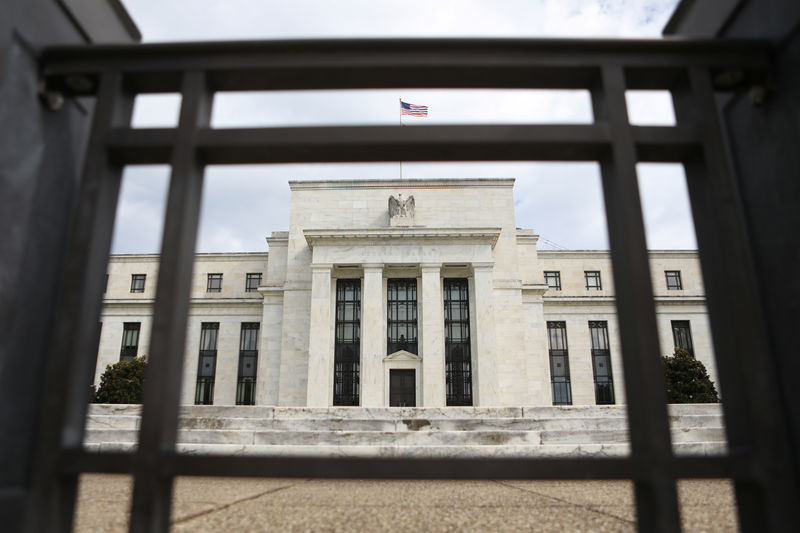By Tommy Wilkes
LONDON (Reuters) - Companies raised new debt on bond markets at a record rate in April, with European markets clocking up their busiest month for capital raising as firms scrambled to access money to see them through the coronavirus crisis.
In Europe, investment grade-rated companies raised $83.2 billion in April, according to Refinitiv data, beating the last biggest month in 2009 as central banks stepped in to unblock credit markets frozen by panic over the coronavirus.
The flurry of European activity lifted global investment grade issuance to a record $350 billion - the second consecutive record month for top-rated corporate debt, which excludes bank-issued bonds.
In the U.S. market, firms in April raised $162.7 billion, beaten only by March's record, Refinitiv data shows.
"We've been off the charts busy," said Frazer Ross, head of EMEA debt capital markets syndicate at Deutsche Bank (DE:DBKGn).
"Maybe the issuers need the liquidity or maybe they don’t but they are showing the market they can get it," he said, adding that some companies had now raised enough to insulate themselves through the downturn for six to 12 months.
Central bank initiatives to backstop corporate debt have been instrumental in re-opening capital markets after they slammed shut in mid-March.
JUNK TEST
To get money flowing, the U.S. Federal Reserve said in March it would include corporate bonds in its asset purchase scheme for the first time, before heading further into uncharted territory by expanding that to include some junk-rated bonds.
While the U.S. market opened with a blockbuster March, the European Central Bank's special Pandemic Emergency Purchase Programme helped fuel Europe's record-breaking April.
"I don't think I've been around when the technical bid (from the FED and ECB) has been so strong," said Jorgen Kjaersgaard, who has worked in credit markets for 25 years and is now co-head of European fixed income at Alliance Bernstein.
That has helped lower company borrowing costs after they exploded in March.
JP Morgan analysts say investment grade borrowing costs at an aggregate level appear divorced from the fundamental health of businesses, but had fallen because "spreads are now a policy tool, and not a market".
European spreads were the "most expensive" ever compared with its macro model, the analysts said, with the market trading at "mid-cycle correction levels" while the economy headed into a severe recession.
European companies to tap the market include the brewer Heineken (AS:HEIN), and French services provider Sodexo (PA:EXHO). In the United States, Boeing Co (N:BA) raised $25 billion last week in this year's largest investment-grade bond issue and the sixth largest on record.
The fundraising splurge has also been a boon for banks -- corporate bond desks earning a record $10.6 billion in fees in January-April.
The next test for the market is riskier businesses as more lower-rated companies seek funding.
In Europe, the high-yield market has opened only slightly -- $1.2 billion was raised in April against zero in March and January's $14.4 billion, Refinitiv data showed.
By contrast, the U.S. junk bond market saw more than $30 billion of new issuance - one of the 10 busiest months on record.
Even as more companies bolster their finances and countries relax lockdowns that have erased corporate earnings, the economic outlook remains highly uncertain.
Ratings agencies have slashed the rating of many companies, while 30 billion euros worth of corporate debt is at immediate risk of dropping into junk territory and losing ECB support.
"The risk is for the investors," said Deutsche Bank's Ross. "If you don't have the bounceback in the economy you could see leverage increase and more downgrades."
